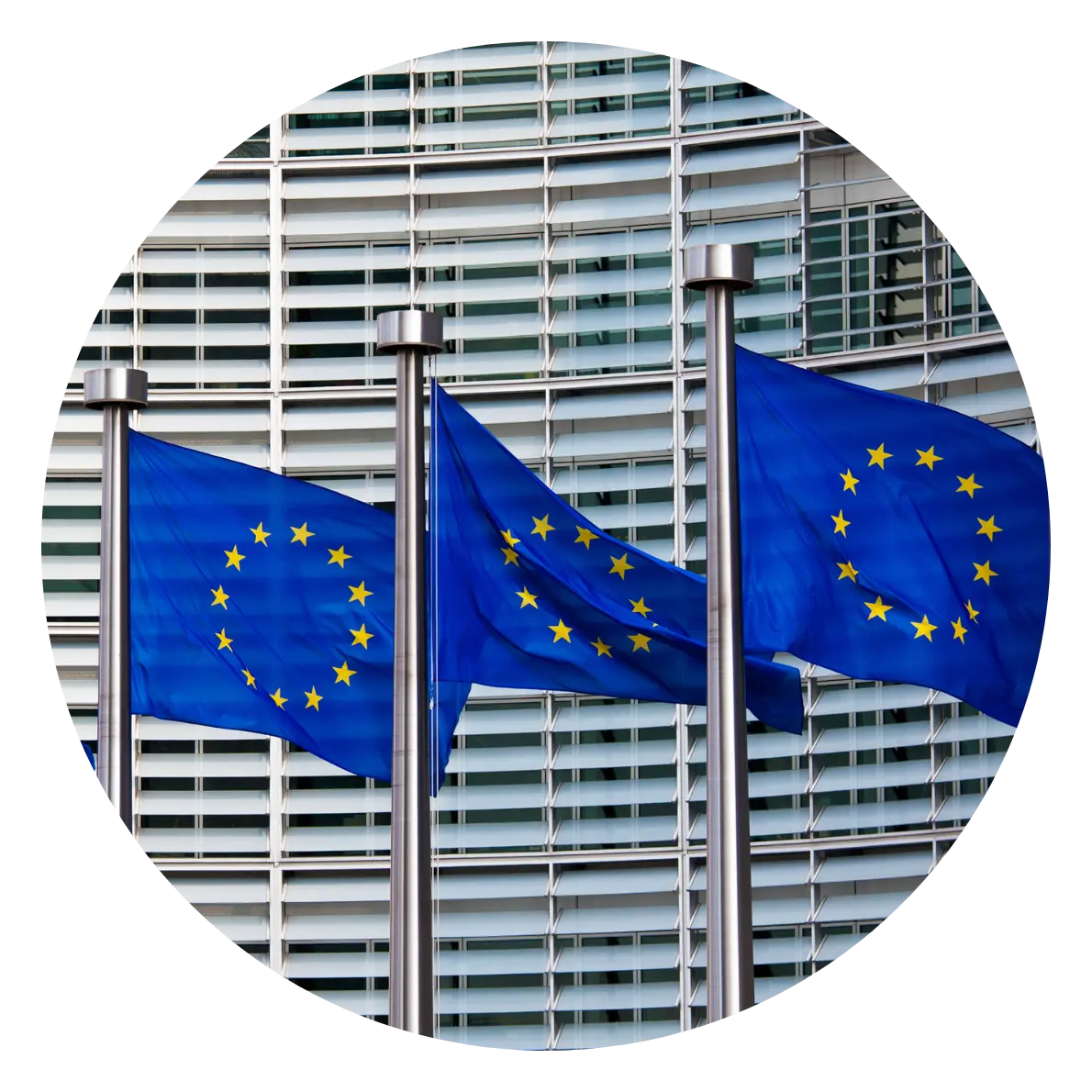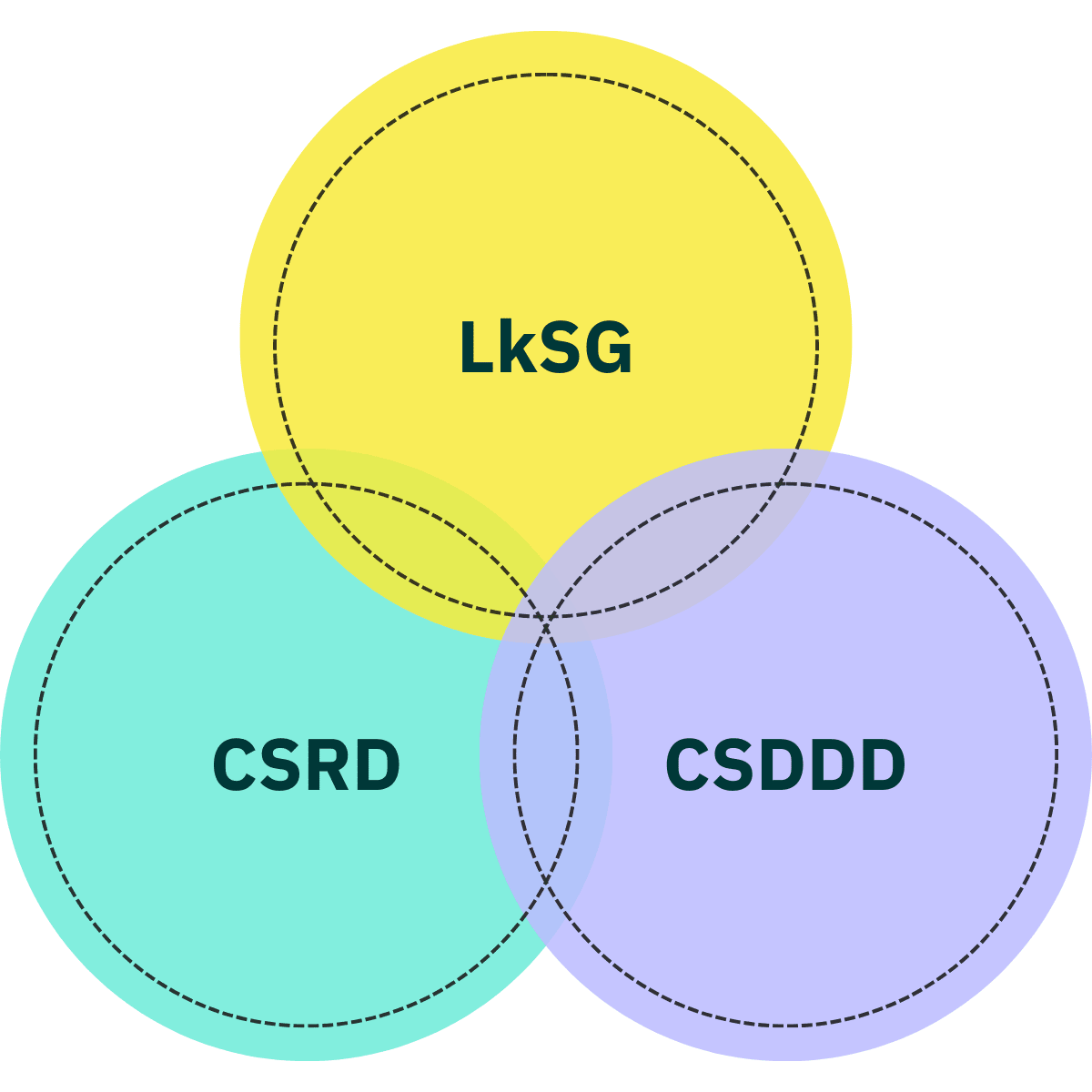Implementing the CSDDD efficiently and reliably
With the CSDDD supply chain law, the EU wants to standardize sustainable business practices at European level. What this means, who is affected and how you can prepare – VERSO provides answers!



Stricter requirements for the supply chain
The Corporate Sustainability Due Diligence Directive (CSDDD for short) is a new EU directive for more sustainable supply chains. With an extended scope of application and stricter requirements, it is intended to ensure that human rights and environmental standards are strictly adhered to – along the entire value chain.

LkSG vs. CSDDD: This is new
Sustainability in the supply chain – isn’t this already covered by the LkSG and the CSRD? In fact, the new EU supply chain law CSDDD is based on the LkSG. The difference: significantly more companies are affected by the new directive. New regulations come into force and the protected goods are expanded. At the same time, due diligence obligations regarding environmental and human rights must be reviewed for suppliers along the entire value chain (upstream and downstream).
- Ongoing analysis of potential & actual risks
- Reporting on sustainability measures
- Disclosure of measures to achieve the 1.5 °C target
- Establishing a complaints channel for the entire value chain
The CSDDD is therefore another important step towards achieving the UN Sustainable Development Goals, as well as the goals of the EU Green Deal.
EU Supply Chain Act, LkSG & CSRD
LkSG, CSDDD and CSRD are closely linked. For example, CSDDD reporting must be integrated into the CSRD report. The good news is that if you have already implemented the LkSG, your work will not have been in vain. As the CSDDD is to be understood as an extension of the LkSG, you can build on your existing LkSG management.

Implement central requirements of the CSDDD with VERSO
The stricter requirements are once again presenting companies with a number of challenges. With the VERSO Supply Chain Hub, you can also implement the CSDDD efficiently – automated and avoiding costly errors.





